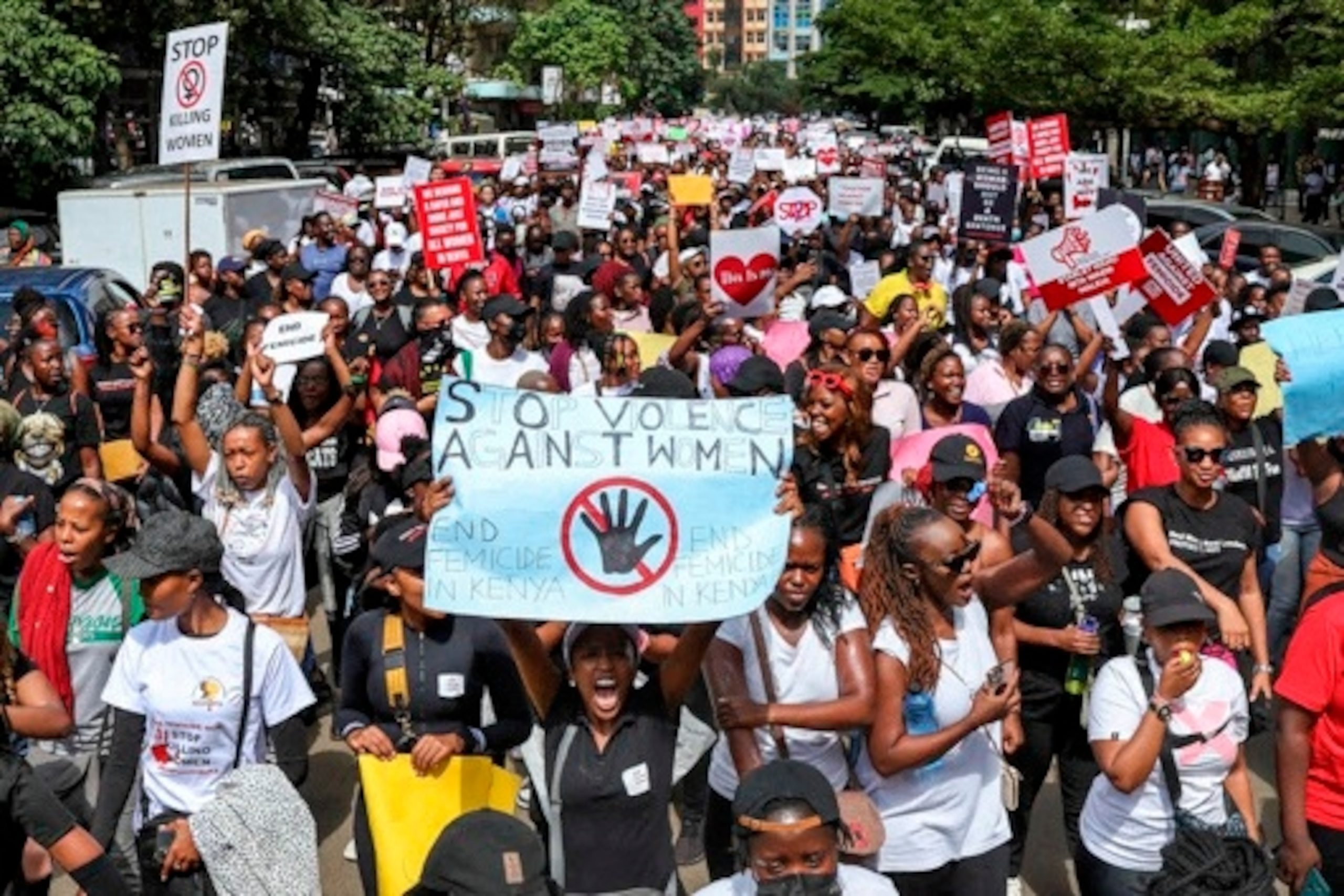Rising Femicide in Kenya Sparks Massive Protests with Thousands Joining the Cause
In recent years, Kenya has been grappling with a disturbing rise in femicide, sparking outrage and prompting thousands of people to take to the streets in protest. Femicide refers to the intentional killing of women because of their gender, often driven by deep-rooted patriarchal attitudes and a lack of respect for women’s rights. This alarming trend has shed light on the urgent need for action to address gender-based violence and ensure the safety and well-being of women in Kenya.
The surge in femicide cases has sent shockwaves through Kenyan society, highlighting the vulnerability of women and the urgent need for systemic change. According to a report by the United Nations, Kenya has one of the highest rates of femicide in Africa, with an estimated 47% of women experiencing some form of violence in their lifetime. These statistics are deeply troubling and demand immediate attention from both the government and civil society.
The catalyst for the recent wave of protests was the brutal murder of a young woman named Ivy Wangechi in 2019. Ivy, a medical student, was hacked to death by a man she had rejected romantically. Her tragic death struck a chord with many Kenyans, who saw it as a stark reminder of the pervasive violence against women in their society. The incident sparked outrage and galvanized people from all walks of life to demand justice and an end to femicide.
Since then, numerous other cases of femicide have come to light, further fueling public anger and frustration. The stories of these victims highlight the various forms of violence women face, including domestic abuse, sexual assault, and honor killings. The protests have become a platform for survivors to share their experiences and demand an end to the culture of impunity surrounding gender-based violence.
The protesters are calling for several key actions to address the issue. Firstly, they demand that the government takes femicide seriously and allocates more resources to combat gender-based violence. This includes strengthening the legal framework to ensure that perpetrators are held accountable for their actions. Additionally, they are calling for improved support services for survivors, including shelters, counseling, and legal aid.
Education also plays a crucial role in tackling femicide. Many protesters are advocating for comprehensive sex education in schools that addresses issues of consent, healthy relationships, and gender equality. By educating young people about these topics, it is hoped that attitudes towards women will change, and future generations will grow up with a greater respect for gender equality.
The protests have not only drawn attention to the issue of femicide but have also created a sense of solidarity among Kenyans. Men have joined the cause, recognizing the importance of standing up against gender-based violence and supporting women’s rights. This collective effort is crucial in challenging the deeply ingrained patriarchal norms that perpetuate violence against women.
While the protests have succeeded in raising awareness and putting pressure on the government, there is still much work to be done. The fight against femicide requires sustained efforts from all stakeholders, including the government, civil society organizations, and individuals. It is essential to continue advocating for policy changes, raising awareness, and providing support to survivors.
The rising femicide in Kenya has sparked a powerful movement that refuses to be silenced. Thousands of people have taken to the streets to demand justice and an end to gender-based violence. The protests serve as a reminder that violence against women is not acceptable and that everyone has a role to play in creating a safer and more equal society. Only through collective action can we hope to eradicate femicide and ensure that all women in Kenya can live free from fear.



